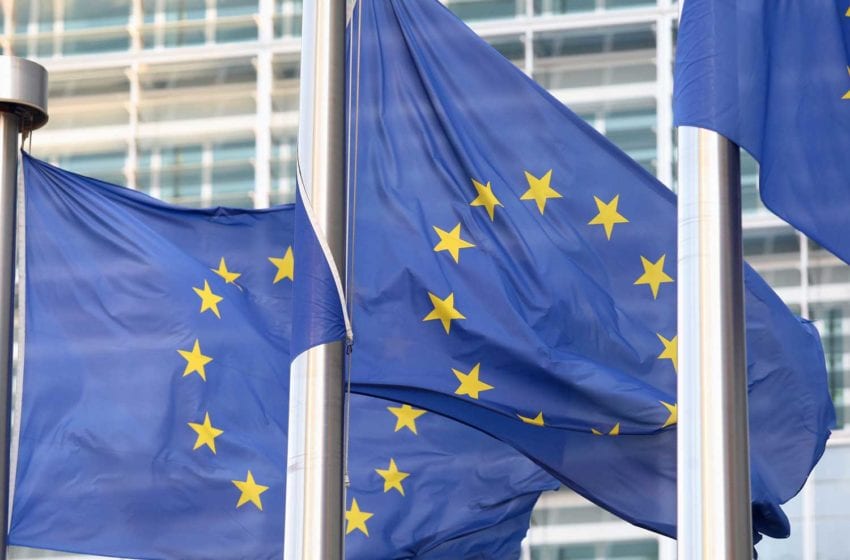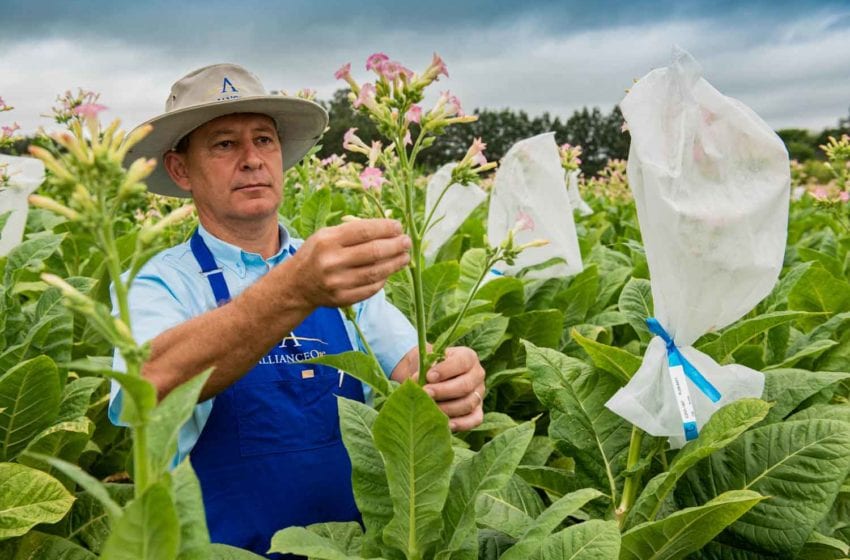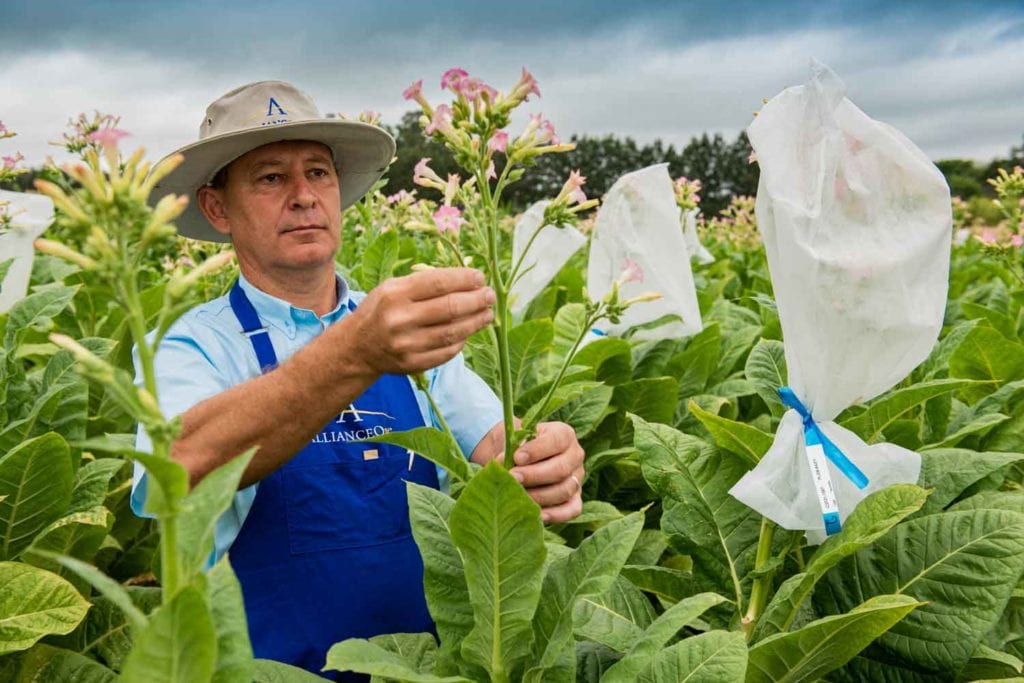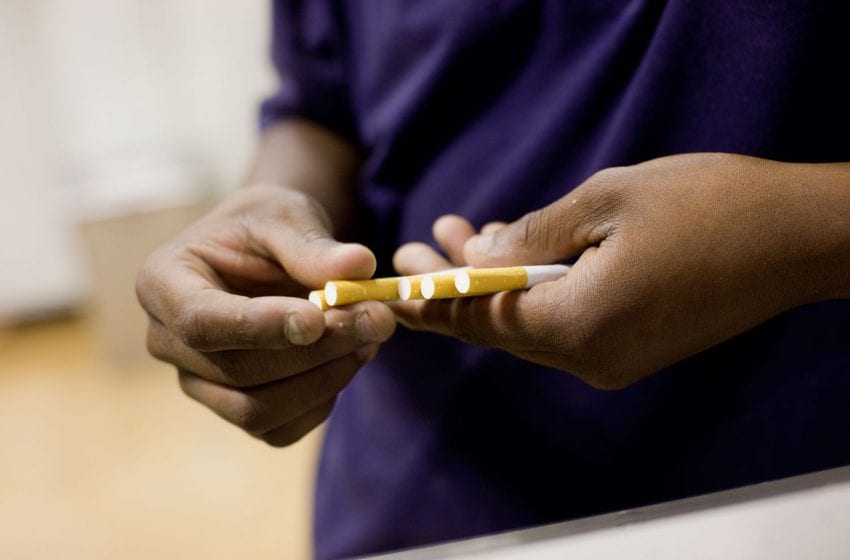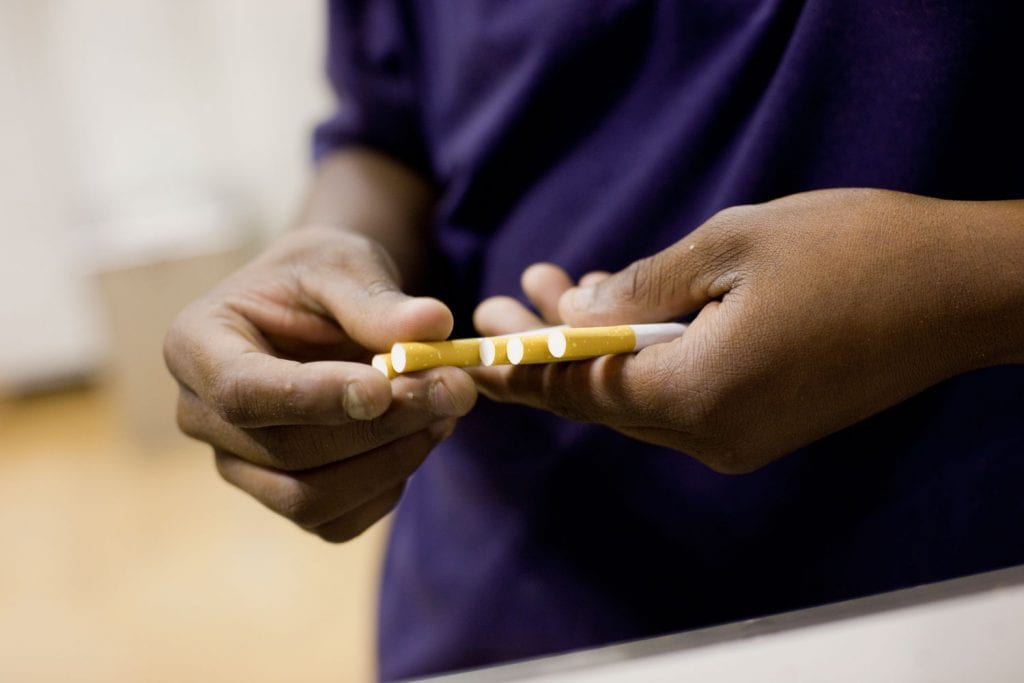
It is time to end the internecine warfare over vaping, according to Clifford Douglas, former vice president of Tobacco Control at the American Cancer Society and founder of the Center for Tobacco Control.
In a recently published commentary, Douglas writes that the U.S. tobacco control community is “letting down tens of millions of adult smokers, their families and friends, healthcare providers and government decision-makers.”
“I refer to my community’s approach to dealing with electronic cigarettes,” Douglas writes. “We are now neck-deep in intractable internecine warfare between the mainstream tobacco control community, whose primary focus is on protecting youth from the dangers of vaping, and the tobacco harm reduction (THR) community, some of whose scientists are also committed participants in mainstream tobacco control efforts. The THR community emphasizes the potential benefits of vaping for adult smokers who cannot or will not quit smoking otherwise. It seems that ne’er the twain shall meet.”

There are ways to prevent youth use that won’t inflict harm on adult smokers.
Darryl Tempest, executive director, CVA
Vapor advocates welcomed Douglas’ comments.
“The Canadian Vaping Association (CVA) commends Douglas for trying to bridge the gap between tobacco control and vape advocates,” the CVA wrote in a press note. “In the end, we all have the same goal of a tobacco-free society. The past practices of tobacco companies have caused distrust of the vape industry with regulators and the public. It is important to remember that this industry was created by smokers, for smokers. We don’t want youth vaping and have proposed many reasonable solutions. There are ways to prevent youth use that won’t inflict harm on adult smokers,” said Darryl Tempest, executive director of the CVA.
Douglas has also formerly served as a special counsel on tobacco issues in the U.S. House of Representatives, as a tobacco control policy advisor for the U.S. Assistant Secretary for Health and the U.S. Surgeon General, and as a lawyer representing injured smokers and state attorneys general in litigation against the tobacco industry.




